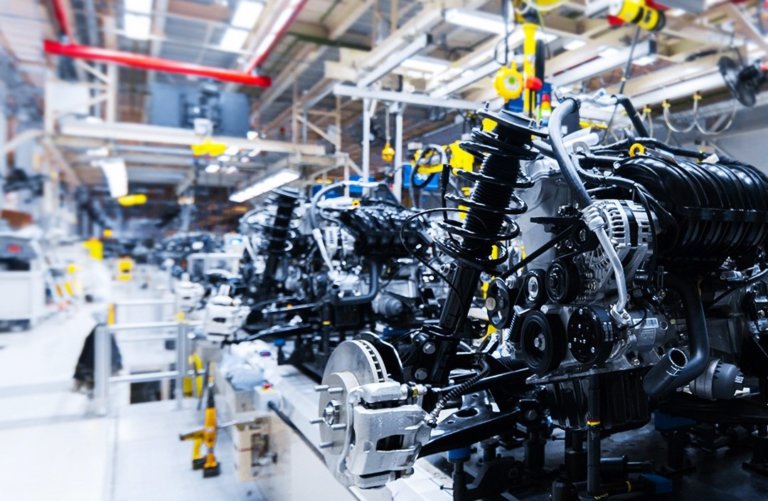Mar 27, 2024
#CircularEconomy: The crucial role of digital twins from Ascon Systems in battery recycling
Batteries play a crucial role in the future of electric mobility. Their ecological footprint has however been the subject of criticism and the full potential of the value chain is yet to be realized. But all that is changing now. An interdisciplinary consortium comprising industrial and research organizations is exploring as part of the research project ZIRKEL how automation solutions can contribute to battery disassembly and provide the best option for recycling the contained raw materials. In this project our digital twins are of significant importance.

The increasing prevalence of electric vehicles and the batteries they require has raised important questions about the product lifecycle. Most electric vehicles use lithium-ion batteries. Producing and disposing of such batteries takes a considerable toll on the environment. This includes everything from acquiring the raw materials to energy consumption during production and disposal. Recycling these valuable raw materials is a priority from both an ecological and economic perspective because this will help stabilize value chains and contribute to the availability of raw materials. Yet battery recycling presents us with many challenges. The construction of battery packs varies widely, and the composition of the individual batteries involves a mix of different materials. Disassembling the battery systems is time intensive and expensive. Currently, this process is mostly a manual one. The solution to these problems is automation.
That's what the ZIRKEL* project initiated by Germany's Federal Ministry of Education and Research (BMBF) aims to achieve. ZIRKEL is examining every stage of the product life cycle of a battery pack and seeks to strengthen the circular economy through innovation, production technologies, and process routes to make recycling more efficient. The partners participating in the project include, in addition to the BMBF, Liebherr-Verzahntechnik, Arxum GmbH, DMG Mori, Institut für Partikeltechnik at TU Braunschweig, Fraunhofer-Institut für Schicht- und Oberflächentechnik, Fraunhofer-Institut für Werkzeugmaschinen und Umformtechnik, Synergeticon — and us.
Battery recycling in the circular economy
The biggest challenges in battery recycling include the varied composition of the components, many of which are bolted or glued in place. This makes it difficult to disassemble the battery packs, which in many cases are also damaged. ZIRKEL is trying to sustainably increase productivity and the economic feasibility of disassembling, breaking down, and sorting battery systems and electric motors. In pursuit of these objectives, the research is identifying the most ecological and economical recycling options for each product while completely monitoring material cycles and optimizing the recycling rate using near-real-time analytics from the surroundings, planning, factory, and product.
We are contributing our expertise with digital twins to the project. During the battery manufacturing process, digital twins link physical production environments to virtual models. This allows us to collect and store a comprehensive range of data from laboratory equipment. Our contribution also involves providing methods for data visualization and processing. The digital twins allow for careful analysis, definition, and modeling of data interfaces for connected machines and AI platforms. The contextualized data is then used by Synergeticon for AI analysis and by Arxum using blockchain technology to enable the traceability of recycled components for the new EU battery passport.
During the disassembly and recycling process, the digital twins can enable adaptation to different battery types and conditions, thereby increasing the efficiency of processes within the circular economy. This technology contributes to flexibility and, crucially, can increase efficiency and reduce costs. Digital twins make a vital contribution to closing the loop on material cycles and promoting a sustainable circular economy for all types of electric transportation.
* The ZIRKEL project is conducting research and developing production technology for the circular economy of highly integrated electric vehicle components such as battery systems and electric motors. Grant project code: 02J21E044


